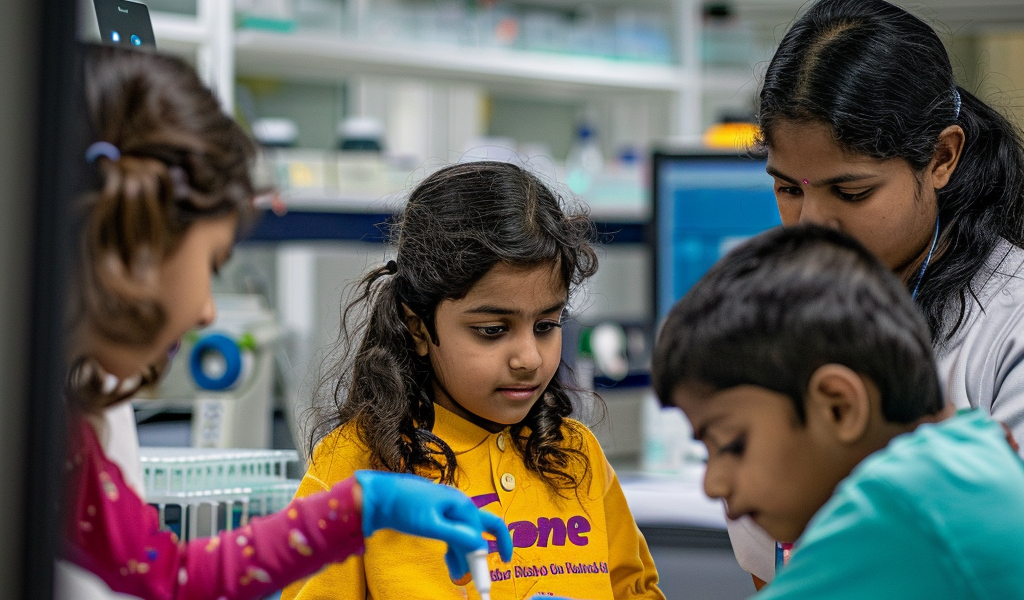SKAN Research Trust, in collaboration with the Wellcome Sanger Institute and the University of Newcastle, has initiated a groundbreaking research project to investigate early stem cell mutations in a rare blood disorder. The project aims to shed light on the genetic origins of Langerhans Cell Histiocytosis (LCH) and related histiocytic neoplasms, conditions believed to be driven by somatic mutations in blood stem cells.
Dr. Jyoti Nangalia, Group Leader at the Wellcome Sanger Institute and Wellcome-MRC Stem Cell Institute, will lead the research endeavor. The study will focus on analyzing the genetic mutations responsible for LCH and the manifestation of its clinical symptoms. By collaborating with global research centers specializing in LCH treatment, the team plans to investigate various genetic mutations associated with the disease, with a particular emphasis on creating a diverse cohort of Indian children for the study.
The research comes at a crucial time when medical experts are striving to comprehend how specific genetic mutations linked to LCH lead to the development of lesions in different parts of the body at varying intervals. The ultimate goal of the study is to enhance the understanding of disease progression and potentially identify early intervention strategies for effective disease management.
Mr. Ashok Soota, the Chairman & Managing Trustee of SKAN Research Trust, expressed enthusiasm about the collaboration, highlighting the dual benefits of exploring stem cell mutations and gaining insights into the complexities of LCH, an area of cancer research that often lacks adequate funding. The research is anticipated to yield valuable clinical tools that can assist healthcare professionals in predicting patient outcomes.
Dr. Jyoti Nangalia emphasized the unique genomic origins of these disorders, acknowledging the role of specific mutations in driving the conditions. However, the precise mechanisms through which these mutations lead to disease manifestations remain a puzzle. The research endeavor aims to unravel these mysteries and potentially pave the way for personalized treatment approaches tailored to individual patients.





